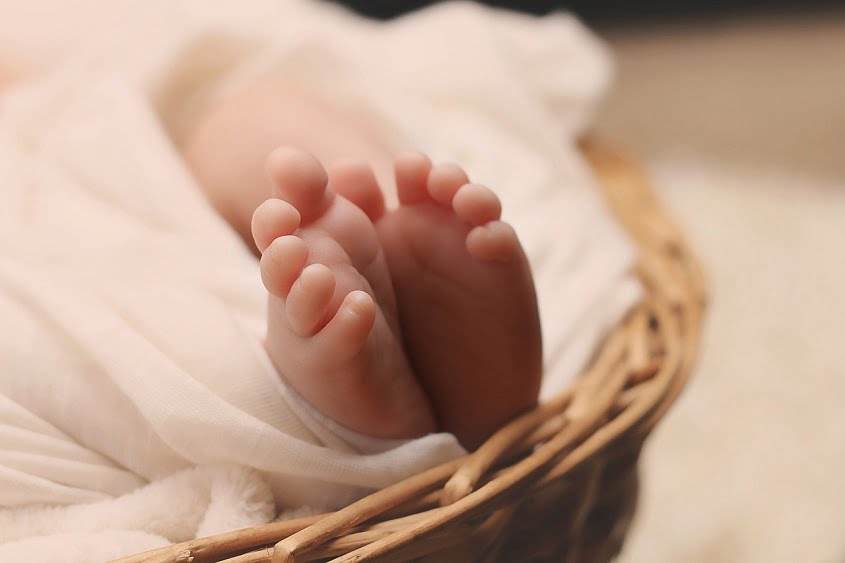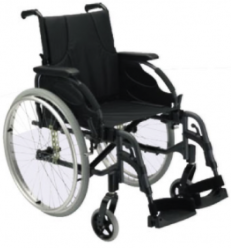For parents who have experienced the heart-wrenching loss of a stillborn or neonatal infant, there is often an outpouring of emotions. While it is important to seek out professional help as soon as possible after your baby’s death, there are some things that you can do on your own to start healing. In this guide, we discuss the steps that you can take to begin your journey to healing and hope.
Stillbirth: What is it?
It is the death of a baby before birth. This can happen in any stage of pregnancy, including during labor and delivery. It is a devastating loss for families and can cause intense grief.
There is no one right way to heal from a stillbirth. It takes time and patience to process this devastating loss. However, there are steps families can take to help them heal:
- Remember that you are not alone – Stillbirth is a common happening and there are others who have gone through this same experience. Talk to other parents who have lost a stillborn child, or visit support groups or websites. They will be able to offer you words of comfort and understand what you are going through.
- Let go of expectations – Don’t try to force yourself or your baby into some preconceived idea of what “should” have happened during this painful process. Allow yourself time to mourn in your own way and at your own pace. Don’t be afraid to cry or grieve openly.
- Find closure – Once you have finished grieving, it is important to find closure with the medical team that helped deliver your baby and/or the hospital where he or she died. This may involve talking about the stillborn with them, viewing photos or videos of the baby during life, or writing an account of the event. It is also helpful to find someone else who has experienced the same pain and grief.
Emotional Impact of Stillbirth
The emotional impact can be profound. It can trigger feelings of sadness, guilt, anger, and grief. The losses of an infant and a mother are unique in that they are twofold. An infant’s death affects not only the parents, but also the child or children who were potential siblings or cousins. For some families, it may lead to infertility.
While there is no surefire way to heal from this pain, there are steps you can take to help cope with your pain and find comfort.
- Talk about it
It is important to talk about your stillbirth with trusted friends and family members. This allows you to openly share your feelings and gain support as you go through this difficult time. It is also helpful to have someone to talk to who has gone through a similar experience.
- Remember the baby
Keep photos or other reminders of your baby close by so that you can remember him or her during these tough days. You may also want to create a Memorial Book in which you write about your baby’s life and what he or she meant to you.
- Cherish your memories of the pregnancy
Remember all the happy moments you shared together before the pain occurred. Write down everything that gave you hope during those months — whether it was ultrasounds revealing healthy babies, visits from friends telling you how excited they are to know the news. Reminisce about the journey you have gone through. From learning about pregnancy to buying things for your little one such as an infant cradle, burp cloth, and suits. These memories will help you get over the pain soon.
Coping with a Stillbirth
It is a difficult experience for any parent to go through. It can be even more difficult when the baby died prematurely or was stillborn due to some medical condition.
Some parents find that they need time to heal emotionally. This may include feeling sad, angry, and lonely at first. Some people find that talking about their experiences with others can be helpful in healing. There are also many support groups available for bereaved parents.
Another important thing for parents to do is to find a support system for themselves. This could include friends or family members who have gone through a similar experience, mental health professionals who specialize in working with bereaved families, or a support group.
Some things that parents may want to do in the meantime are taking care of their own physical health, get exercise, and relax as much as possible. Sometimes it is helpful to participate in activities that were enjoyed by the baby before he or she died, such as painting or photography.
How to Deal with Isolation and Guilt?
If you are feeling isolated and guilty after this painful mishappening, it is important to find support. There are many resources available to help parents cope with their feelings of isolation and guilt.
If you feel like you need more to heal, there are many therapists who specialize in grieving after stillbirth. Finding one who is familiar with your specific situation will help you get the most out of your therapy sessions.
Sometimes it is helpful to talk about our feelings with others who have gone through a similar experience. There are countless healing groups which offer support for pregnant women grieving their own stillbirths or those who have lost an infant through miscarriage or early infancy. These groups can be a great place to connect with other parents who understand what you are going through.
Towards Healing: Steps for Parents
When a baby dies in utero, the parents may feel lost and bereft. Healing from this can be a long and difficult process, but there are steps that parents can take to help themselves feel better.
- It is important for parents to talk about their experience with others who have gone through similar pain. This can help them to process their emotions and connect with others who understand what they are going through.
- Parents who have lost their child must reach out to professionals to seek help if they are struggling to cope with their loss. There are many psychologists, psychiatrists, and other mental health professionals who can provide support and guidance during this difficult time.
- Take care of yourself physically and emotionally. It is essential for parents to take care of their physical health by eating properly and getting plenty of rest. They should also make sure that they are emotionally stable by talking about their experiences regularly with friends or family members who support them.
- Communicate openly with your baby’s birth family or adoption agency If you decide to keep your baby’s remains, it is important to communicate this decision with the person or agency responsible for the Baby’s death or placement into adoption. This will ensure that all involved parties are aware of your wishes and understand why you have chosen this path.







